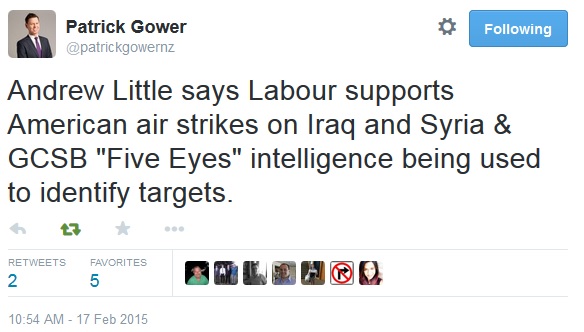Earlier in the week we learned that the Chicago police department had been running its very own black site, where prisoners were disappeared, beaten, shackled, hot-boxed, and held without access to lawyers (or any other form of due process). It seems to be turning into a major political issue in Chicago, and rightly so. While the Chicago PD has a dirty history of torture and abuse (so much so that when the US needed torturers for Guantanamo, they hired a former Chicago police detective), the idea that torture is happening in America is a bit too much even for Americans. And with a mayoral runoff election now on the cards, there might be some chance of change (or, it could just be swept back under the carpet, like Fergusson and police violence generally. This is America after all).
But what got my attention reading all this was the reaction of one local politician:
Until this week, the Cook County commissioner Richard Boykin only knew of the warehouse next-door – like the mother – as a police facility in a struggling Chicago neighbourhood.
“I hadn’t heard of the sort of CIA or Gestapo tactics that were mentioned in the Guardian article until it was brought to my attention,” Boykin said in an interview outside Homan Square. “And we are calling for the Department of Justice to open an investigation into these allegations.”
[Emphasis added]
Yes, the CIA now has such a reputation for torture that even Americans talk about it in the same breath as the Gestapo.
(Those who don't like the comparison may wish to consider this 2007 analysis of the two organisations' techniques. The major difference between the two seems to be that the Gestapo were better dressed).







